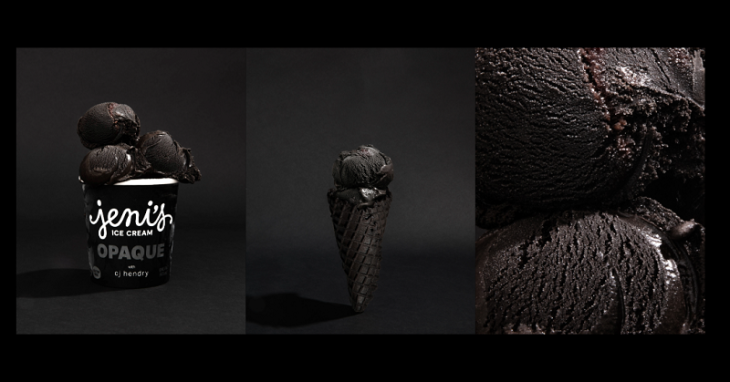
Lorillard Tobacco Co. put sales over safety in marketing its cigarettes, a strategy that contributed to the death at age 55 of
a former Navy captain whose widow is suing the tobacco manufacturer for negligence, an attorney told a Los Angeles Superior Court jury today.
Lawyer Gilbert Purcell said in his opening statement in trial of Palos Verdes Estates resident Tajie Major’s lawsuit that internal Lorillard documents from as far back as the mid-1970s show the company’s researchers knew about the dangers of cigarette smoking and were also aware of the addictive powers of nicotine.
“Whenever you’re exposed to nicotine, your brain is changed,” said Purcell, whose 69-year-old client’s husband died of lung cancer in July 1998.
Lorillard attorney Carl Rowley countered that William Major knew from the time he was a young man that cigarette smoking could possibly affect one’s health.
“He was aware of the dangers from smoking from discussions with his mother back in 1962,” Rowley told the jury. “Every pack he smoked had warnings on them.”
But William Major kept smoking until 1989, Rowley said.
“There is no evidence he wanted to quit smoking,” Rowley said. “People are free to do dangerous things.”
Purcell acknowledged that smoking Lorillard products Kent and Newport were not the only reasons William Major acquired lung cancer in 1997 and died less than a year later. He said the man at times smoked products made by Philip Morris and R.J. Reynolds, and was exposed to second-hand smoke from his father’s cigarettes and possibly to asbestos while serving in the Navy.
But Purcell said more than 400,000 people die each year in the United States from cigarette smoking, which causes more than just cancer.
“It’s linked to diseases of nearly all organs in the body,” Purcell said.
Purcell said that although the technology exists to make safer cigarettes, manufacturers worry that fewer consumers will buy their products if the taste is negatively affected. He also said that cigarettes with less tar are deceptively sold as being safer products.
Cigarettes from more than a century ago, in which users themselves rolled paper over tobacco, were not as dangerous as today’s mass-produced products, Purcell said.
Lorillard, founded in the 1700s, bills itself as the oldest continually operating tobacco company in the U.S, he said.
When William Major entered college, cigarette smoking was popular, the attorney said.
“Smoking was everywhere, it was a social norm,” Purcell said.
Rowley denied that Lorillard wants to keep its consumers addicted.
“Lorillard does not add nicotine to its commercial cigarettes,” Rowley said. “It all comes from the tobacco leaf.”
Rowley said Lorillard’s products are not defective and not negatively designed. But he said users such as William Major knew of the risks involved in smoking.
“There is no such thing as a safe cigarette,” Rowley said.





















